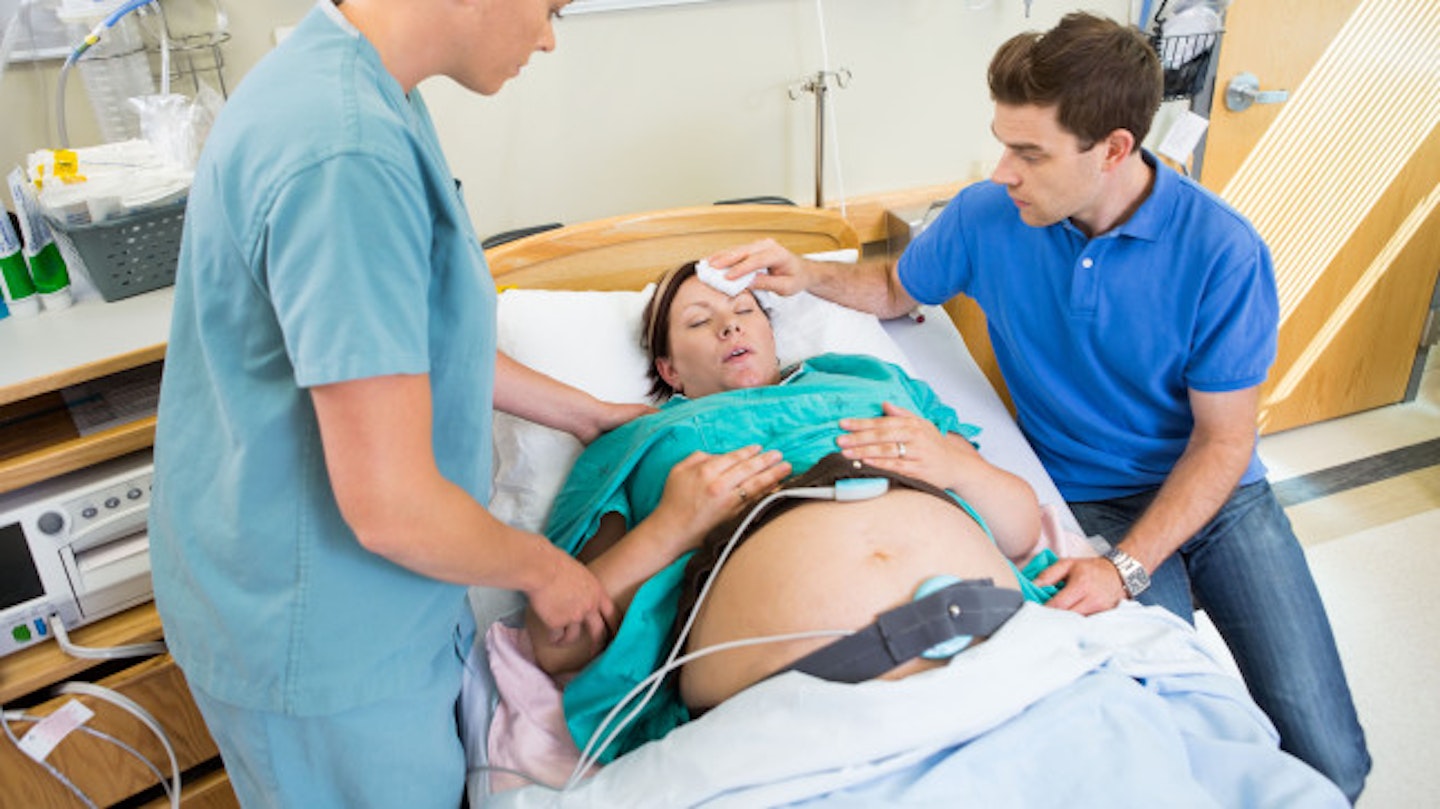Childbirth can be a very painful experience, often associated with feelings of being out of control.
So it’s not at all surprising that childbirth may be traumatic for many women.
However experts at Oxford University have now revealed that the experience can be just as traumatising for men.
So much so that they can develop PTSD (post-traumatic stress disorder) as a result.
They interviewed a number of men whose partners had undergone an emergency caesarean, which saw them left alone in hospital corridors, fearing for the lives of both mother and baby.
One man was affected so badly by the experience that he remains unable to work, almost seven years after his wife almost died giving birth to his daughter.
He still, to this day, suffers from horrific flashbacks and is often reduced to tears - something which many other men reported experiencing, too.

Professor Marian Knight, who led the research, said: “Many of these emergencies happen during labour or immediately after, and involve severe bleeding.
“The mums are severely ill and need lots of care. And while everyone is running around looking after mum, it can affect dads too.
“For the dads, it's extremely vivid because they are fully aware of what's going on.”
She added: “Often, we're running around trying to save mum's life, but we need to be thinking about dads as well.”
According to the NHS, the symptoms of PTSD are:
-
Flashbacks
-
Nightmares
-
Trembling
-
Constant negative thoughts about the experience
-
Avoiding people or places that remind you of the event
-
Becoming isolated and withdrawn
-
Giving up activities you used to enjoy
-
Trying not to feel anything / emotional numbing
-
Anxiety
-
Easily startled
-
Irritability
-
Prone to angry outbursts
-
Insomnia
-
Difficulty concentrating
-
Depression
-
Headaches
-
Dizziness
-
Chest pains
-
Stomach aches
-
Work-related issues
-
Relationship issues
-
Drug misuse
-
Alcohol misuse
If you spot any of these symptoms in your partner after your child's birth, it is very important to encourage him to speak about how they felt at the birth - either to you or a counsellor - so as to ensure that they do not suffer in silence.
